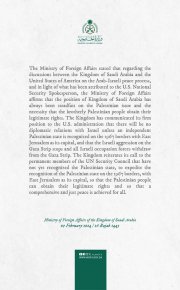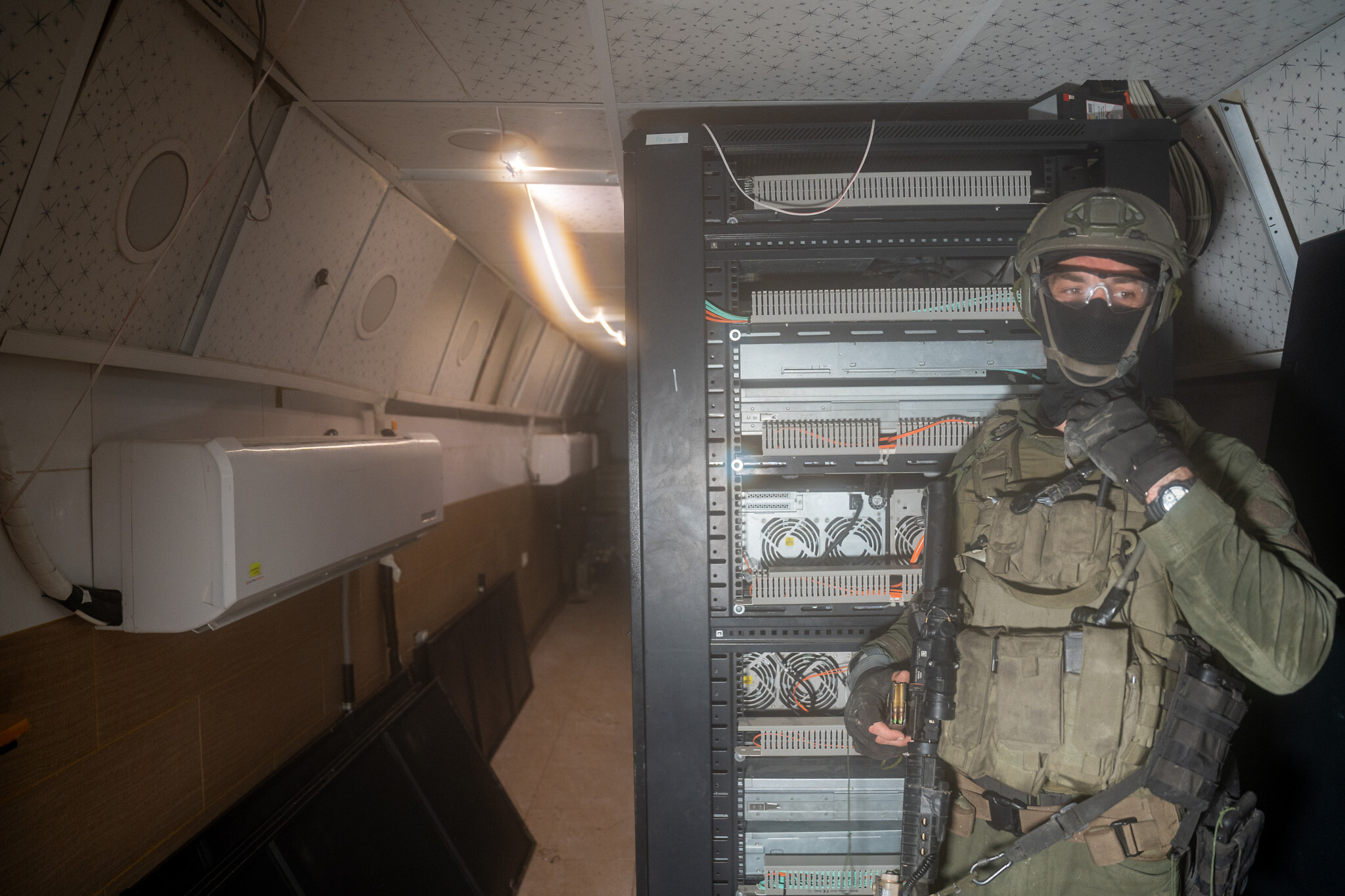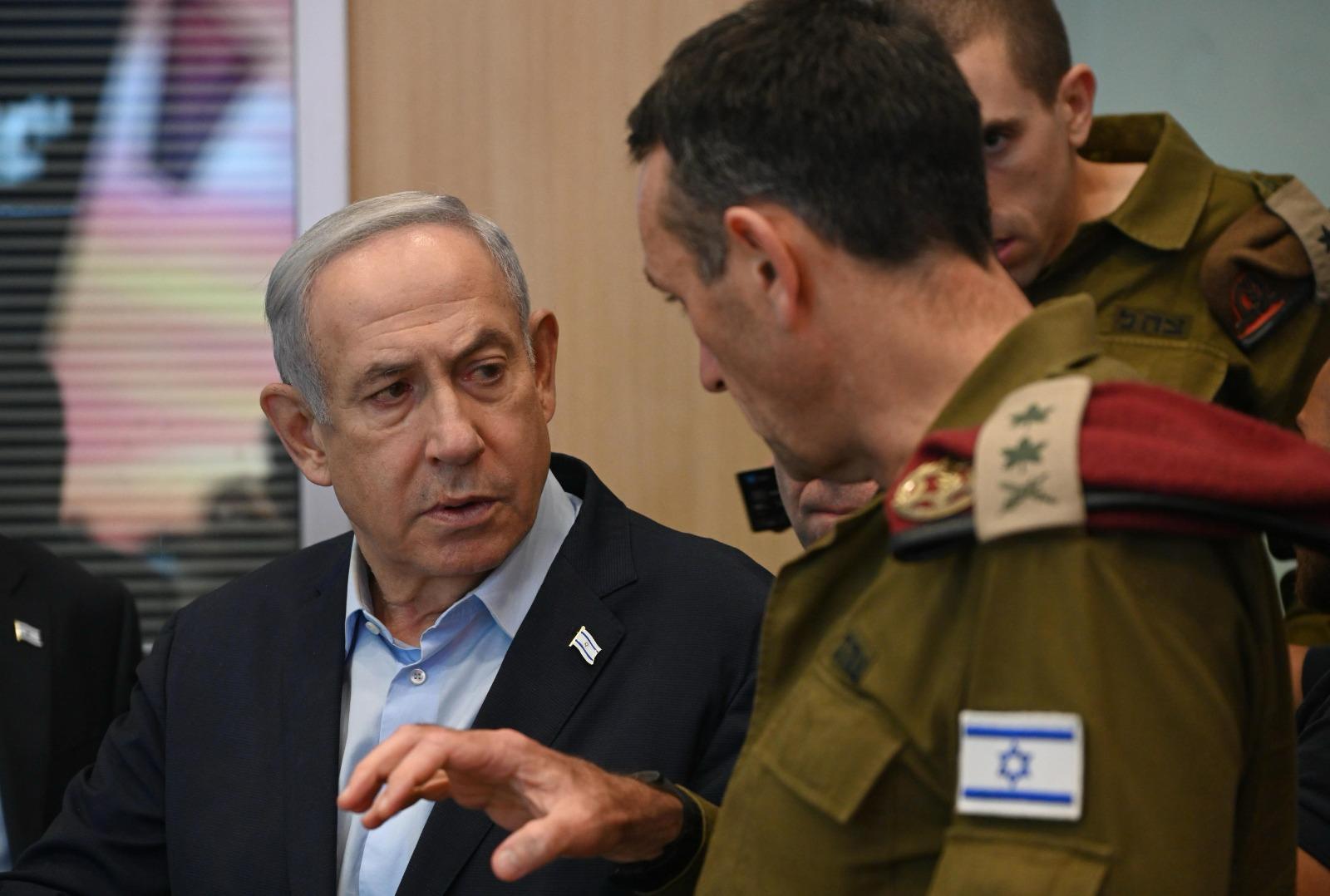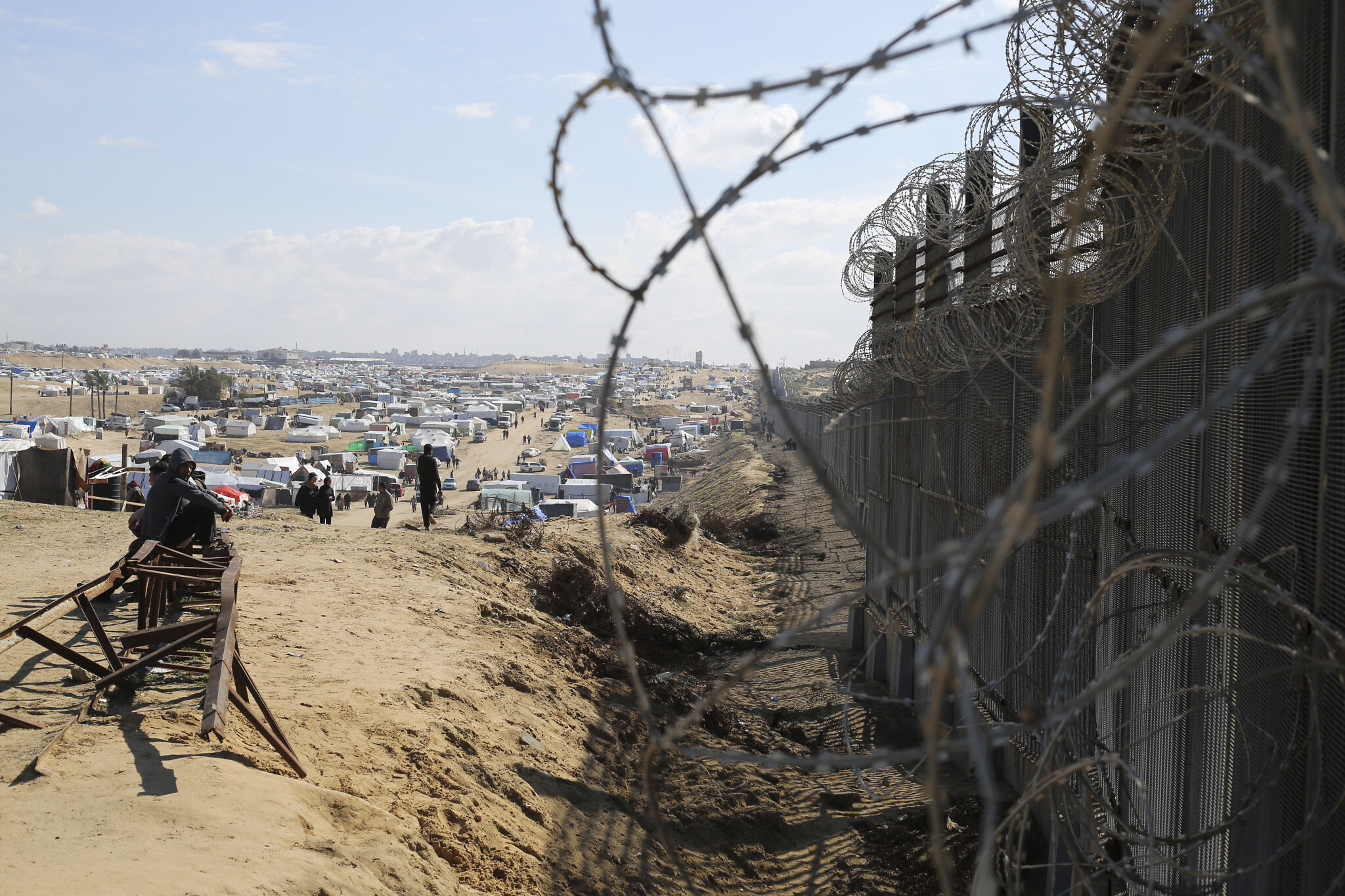Hamas tunnel was discovered directly under UNRWA's HQ.
Philippe Lazzarini, current Commissioner-General of UNRWA, says UNRWA was unaware of this, despite the IDF previously inviting UNRWA officials to tour tunnels and explaining to them about the threat. Lazzarini himself was also invited, but declined the invitation.
Inside the UNRWA HQ building, cables going underground were in plain sight.
Such revelations only contribute to a justification of dismantling UNRWA, and hopefully other ultra corrupt institutions, and replacing them with goal-driven ones.
Philippe Lazzarini says allegations should be probed, any other 'suspicious' activity reported to UN; COGAT says officials ignored information; Katz calls for agency chief's ouster

www.timesofisrael.com
Israel is wrapping up in Khan Younis and prepares for an operation in Rafah. Such operation is crucial for the annihilation of Hamas, but international pressure might make it a time limited one. Combined with the sheer complexity of such an operation, this might lead the IDF to shorten the timetables which in turn might make it overall deadlier to both sides. A standing issue is how to evacuate approximately a million civilians and to where. Among them are embedded Hamas operatives that will certainly restore some of their previous control in liberated areas if a mass evacuation occurs.
After PM directs IDF to draw up plans for southern Gaza, chief of staff reportedly says government needs to first decide what to do with over 1 million Gazans sheltering there

www.timesofisrael.com
Egypt brings tanks forward, presumably to deal with a potential refugee crisis from Rafah. Egypt reportedly threatens suspension of peace treaty but this situation is actually normal. For close to a decade, Israel permitted Egypt to violate some of the peace treaty's terms to facilitate anti-terror operations in the Sinai. Egypt in turn permits Israel to violate the same terms as well to facilitate anti-terror operations in Gaza.
Mutual and agreed-upon violations are considered normal in this relationship and are not an indication of provocation. Therefore a suspension is highly unlikely, especially considering Egypt has much to lose from doing so. However, if we entertain the idea, it is probably just a technicality. If Palestinians decide to breach the border wall with Egypt and rush toward the Sinai, Egypt may resort to gunning down said refugees in solidarity with Palestine.
Saudis also raise alarm; ground op pledged by Netanyahu in refugee-packed border city draws rebukes even from allies

www.timesofisrael.com
Lacking trust in Israeli government, US pushes for reinvigorated Palestinian state as a day-after solution, but it may be misguided.
It should be no secret that at this point the Israeli government cannot seem to gain anyone's trust - be it the domestic public or other governments. It is simply hijacked by lunatics whose actions defy all logic. However, in my opinion, it would be wrong for the US to ignore the remaining competent and professional parts of the government and drive its own policy without consultation.
US strategy in the region is notoriously ineffective. A short attention span coupled with rapidly alternating policy equal an incoherent mess that typically begins with a solid vision and culminates in poor execution.
A reinvigorated Palestinian Authority is an undertaking that requires first and foremost deep and continuous cooperation with Israel, as well as the Arab states. Due to the dynamic nature of US-Arab relations, the US needs Israel as its single solid anchor that will keep driving its policy irrespective of interruptions on the US's side.
Hence, by taking Israel out of the equation, it may alienate a future Israeli government (particularly regarding the issue of Palestine) and even form a sort of permanent opposition from Israel to the idea.








